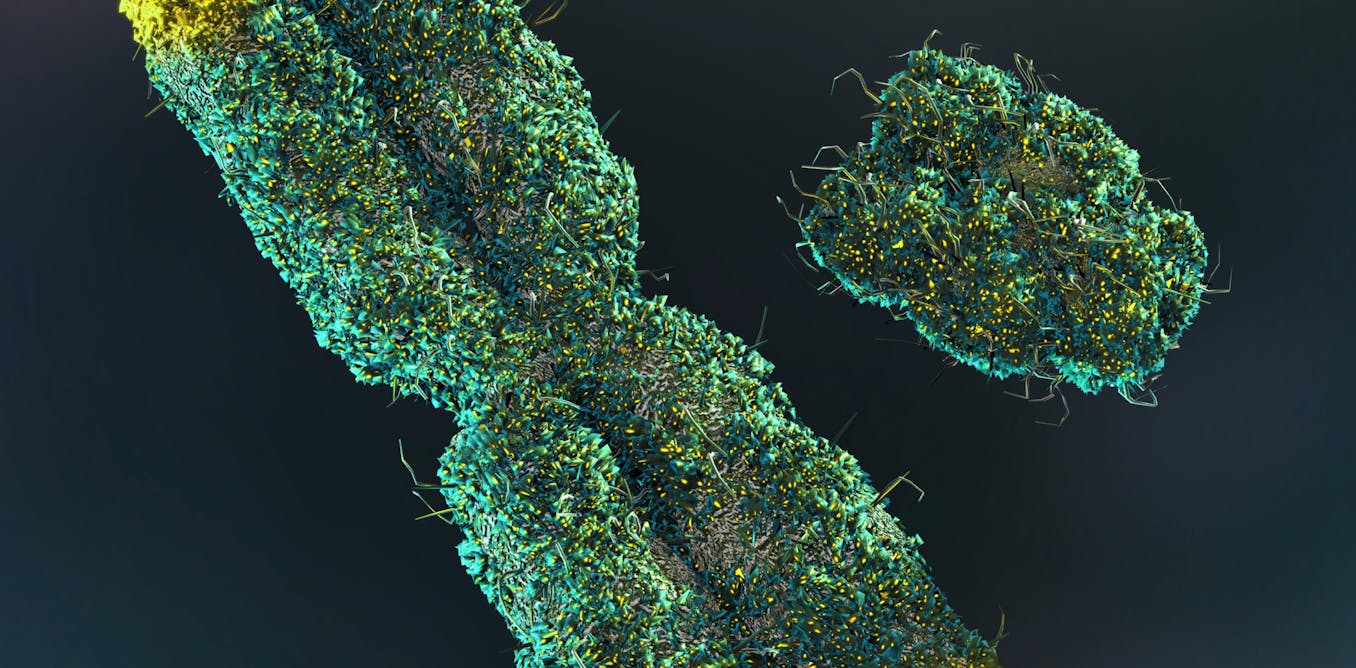For many in the research community, it’s gotten harder to be optimistic about the impacts of artificial intelligence.
As authoritarianism is rising around the world, AI-generated “slop” is overwhelming legitimate media, while AI-generated deepfakes are spreading misinformation and parroting extremist messages. AI is making warfare more precise and deadly amidst intransigent conflicts. AI companies are exploiting people in the global South who work as data labelers, and profiting from content creators worldwide by using their work without license or compensation. The industry is also affecting an already-roiling climate with its enormous energy demands.
Meanwhile, particularly in the United States, public investment in science seems to be redirected and concentrated on AI at the expense of other disciplines. And Big Tech companies are consolidating their control over the AI ecosystem. In these ways and others, AI seems to be making everything worse.
This is not the whole story. We should not resign ourselves to AI being harmful to humanity. None of us should accept this as inevitable, especially those in a position to influence science, government, and society. Scientists and engineers can push AI towards a beneficial path. Here’s how.
The Academy’s View of AI
A Pew study in April found that 56 percent of AI experts (authors and presenters of AI-related conference papers) predict that AI will have positive effects on society. But that optimism doesn’t extend to the scientific community at large. A 2023 survey of 232 scientists by the Center for Science, Technology and Environmental Policy Studies at Arizona State University found more concern than excitement about the use of generative AI in daily life—by nearly a three to one ratio.
We have encountered this sentiment repeatedly. Our careers of diverse applied work have brought us in contact with many research communities: privacy, cybersecurity, physical sciences, drug discovery, public health, public interest technology, and democratic innovation. In all of these fields, we’ve found strong negative sentiment about the impacts of AI. The feeling is so palpable that we’ve often been asked to represent the voice of the AI optimist, even though we spend most of our time writing about the need to reform the structures of AI development.
We understand why these audiences see AI as a destructive force, but this negativity engenders a different concern: that those with the potential to guide the development of AI and steer its influence on society will view it as a lost cause and sit out that process.
Elements of a Positive Vision for AI
Many have argued that turning the tide of climate action requires clearly articulating a path towards positive outcomes. In the same way, while scientists and technologists should anticipate, warn against, and help mitigate the potential harms of AI, they should also highlight the ways the technology can be harnessed for good, galvanizing public action…
Read full article: Scientists Must Push AI Toward Responsible AI

The post “Scientists Must Push AI Toward Responsible AI” by Nathan E. Sanders was published on 10/29/2025 by spectrum.ieee.org







































Leave a Reply